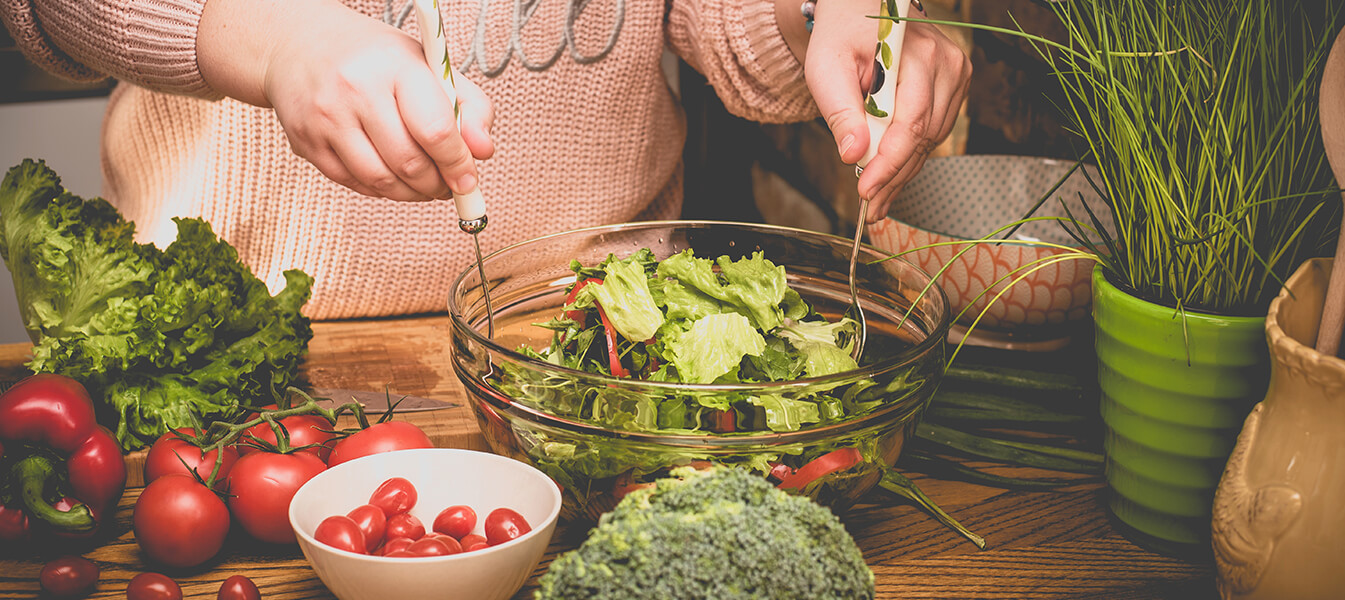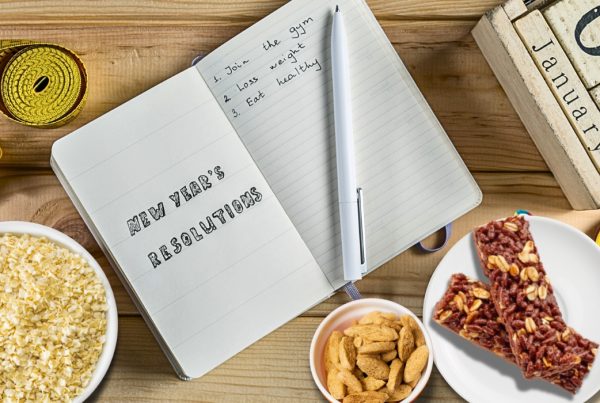What is a gluten-free diet?
Before we delve into the topic of what a gluten-free diet is; let’s understand what gluten is. Gluten is a protein present in most of the grains we consume on a daily basis. It helps to keep the seed intact and so is present in most of the grains. Consuming grains containing gluten may not be harmful to some people. However, most of the people are seen to develop complications. Especially patients suffering from celiac disease, brain disorders like autism, cancer, diabetes as well as people suffering from gluten insensitivity, pregnant women could avoid gluten-containing products to avoid additional snags. These harmful additional complications for patients are what a gluten-free diet is helpful in overcoming.
Why a gluten-free diet?
Starting a gluten-free diet is very important. Let’s understand the problems caused by consuming gluten-containing products. Gluten causes damage to the small intestine, leading to various abdominal problems. Abdominal pain, bloating, diarrhea, dizzy brain, and post-meal acidity are some of the manifestations of this damaged intestinal lining caused due to consumption of gluten. The damaged intestinal lining also reduced the absorption of the nutrient. This causes various nutritional deficiencies in the patients as well as normal people. In addition to the problems faced by the patients, consumption of gluten products would, therefore, add up to all the glitches. All these detrimental and added worries for patients is what a gluten-free diet is helpful in overcoming.
How is the gluten-free diet helpful?
Gluten-free diet prevents all the added problems that anyone would be facing by reducing the abdominal snags and nutritional deficiencies. This would reduce the problems faced and gives relief to the patients as well as normal people. Savouring Gluten-free diet supports to avoid injury to the intestinal lining and thereby reduces the various pain-points caused. Could it be possible for anyone to refrain from starting a gluten-free diet now?
However, the only challenge that now remains is to understand what to eat on a gluten-free diet, and then to follow the same regularly.
What to eat on a gluten-free diet?
Various gluten-free products are available in the market. Skyroots have brought for everyone, such an excellent solution, Gluten Free Sorghum (Jowar) Flakes and Pearl Millet (Bajra) Flakes. These products are made from grains which are produced using natural farming techniques. Naturally grown products are rich in nutritional values and could circumvent the nutritional deficiencies caused. Gluten Free Sorghum (Jowar) Flakes and Pearl Millet (Bajra) Flakes are rich in fibre useful to prevent abdominal problems and improve bowel movements. They are also low in sugar and cholesterol and could be easily consumed by patients with diabetes and cholesterol. Most of the patients and people mentioned in the above paragraph find a sigh of relief after switching to a gluten-free diet.
How to make diet interesting?
Now that we know what to eat on a gluten-free diet; let’s try and find out ways to make it more interesting so that a healthy gluten-free diet could be followed regularly. Try following tips which will support in following and managing a regular intake of a gluten-free diet-
- Interesting recipes: Interesting and tasty recipes could be prepared by various gluten-free products like Gluten Free Sorghum (Jowar) Flakes and Pearl Millet (Bajra) Flakes
- Making quick snacks: Preparing lengthy recipes, though tasty could slowly reduce your interest in maintaining a long and consistent gluten-free diet. Instead, recipes requiring short preparation time would help you stick to the diet for a steady and long period. Also, with so many other duties in hand, it will be easier to prepare quick snacks.
- Avoid cheating: Avoiding deceitful behavior and eating a gluten-free diet with determination would be advantageous. Cheating oneself and not eating a gluten-free diet recurrently would not aid in overcoming the complications caused due to gluten-containing foodstuffs.
- Read and discuss gluten-free diet: You could read various articles on the topic and discuss regularly within your peer groups about the benefits of a gluten-free diet. This will reinforce the importance of consuming a gluten-free diet.
Start with a regular gluten-free diet and bring back a healthy lifestyle!







